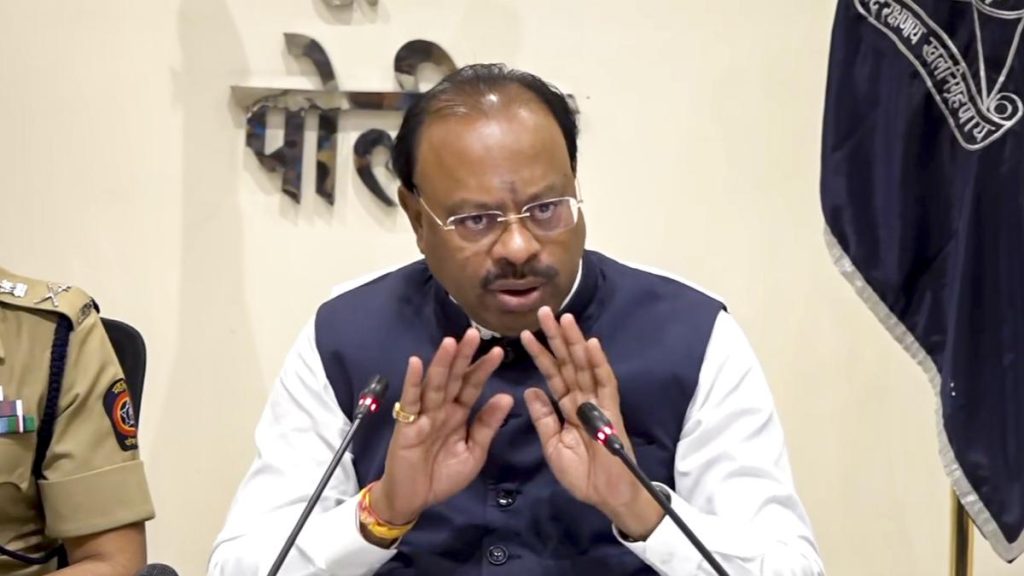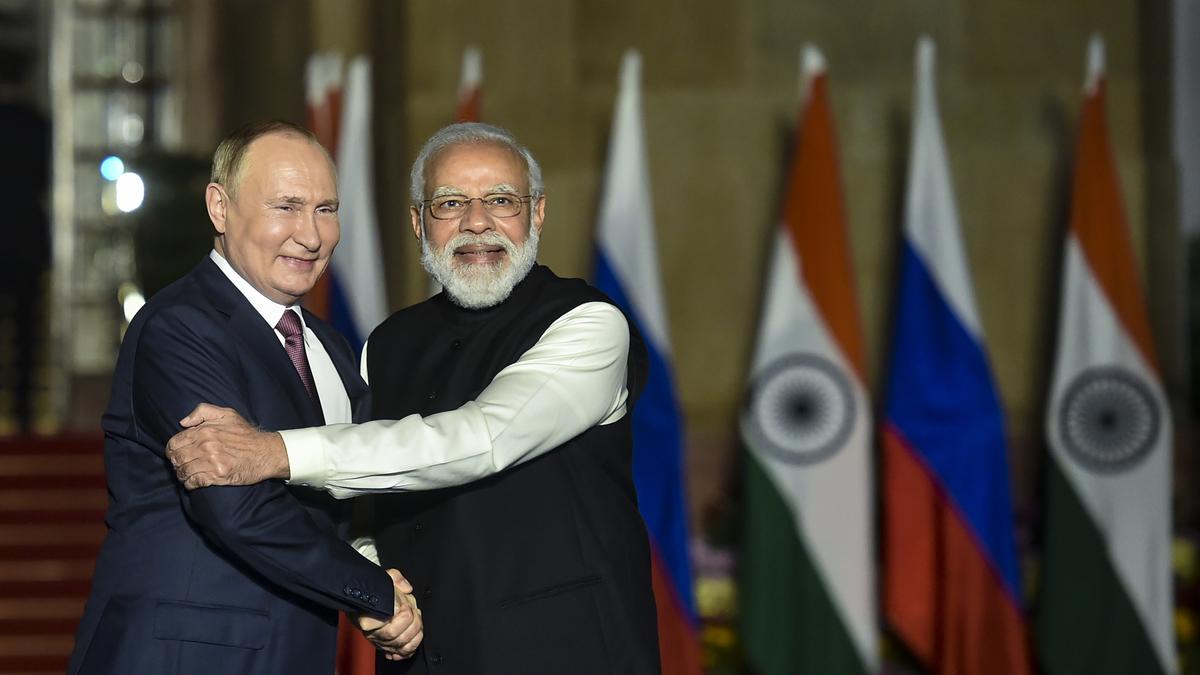Now Reading: HC Issues Notice on Mandating Telugu as a Compulsory Subject in Schools
-
01
HC Issues Notice on Mandating Telugu as a Compulsory Subject in Schools
HC Issues Notice on Mandating Telugu as a Compulsory Subject in Schools

swift Summary
- Telangana High Court has directed the State government to explain the status of implementing telugu as a compulsory subject in all schools across the State.
- The directive follows a PIL against the government’s decision to make Telugu mandatory as a second language for students under multiple national and international boards (CBSE, ICSE, IB, Cambridge).
- The teaching mandate stems from the Telangana (Compulsory Teaching and Learning of Telugu in Schools) Act-2018, which gave schools five years to comply. It requires students from grades 1 to 10 to learn Telugu starting from 2023.
- The petitioner, Pramila Pathak-a Hindi teacher-argued that imposing Telugu on non-Telugu-speaking students is arbitrary and may create educational challenges.
- Several international schools are named as respondents in this petition alongside state officials such as the principal Secretary and Director of School Education.
- The High Court bench asked officials about steps taken for implementation and ordered counter affidavits within two weeks.
Indian Opinion Analysis
The High Court’s inquiry underscores tensions between regional language policies and India’s diverse linguistic makeup. While promoting local languages like Telugu aids cultural preservation and aligns with state priorities,concerns over its imposition reflect practical challenges for non-native speakers studying under global curricula. This case highlights broader questions around balancing regional identity with inclusivity in India’s education system-especially for institutions catering to diverse demographics or following international standards. Clear communication about enforcement measures might mitigate resistance while ensuring smoother compliance across varied schooling systems.
Read more: [Source Link]

























